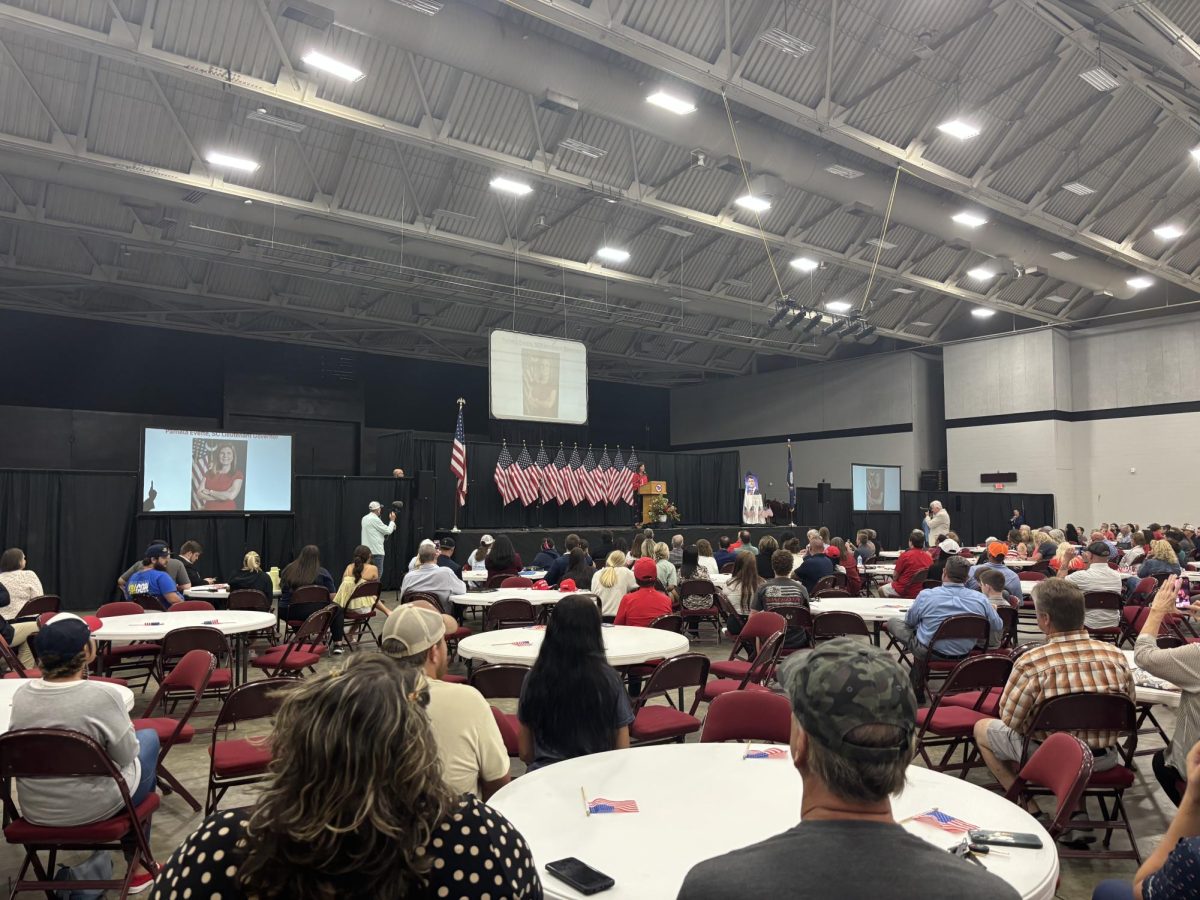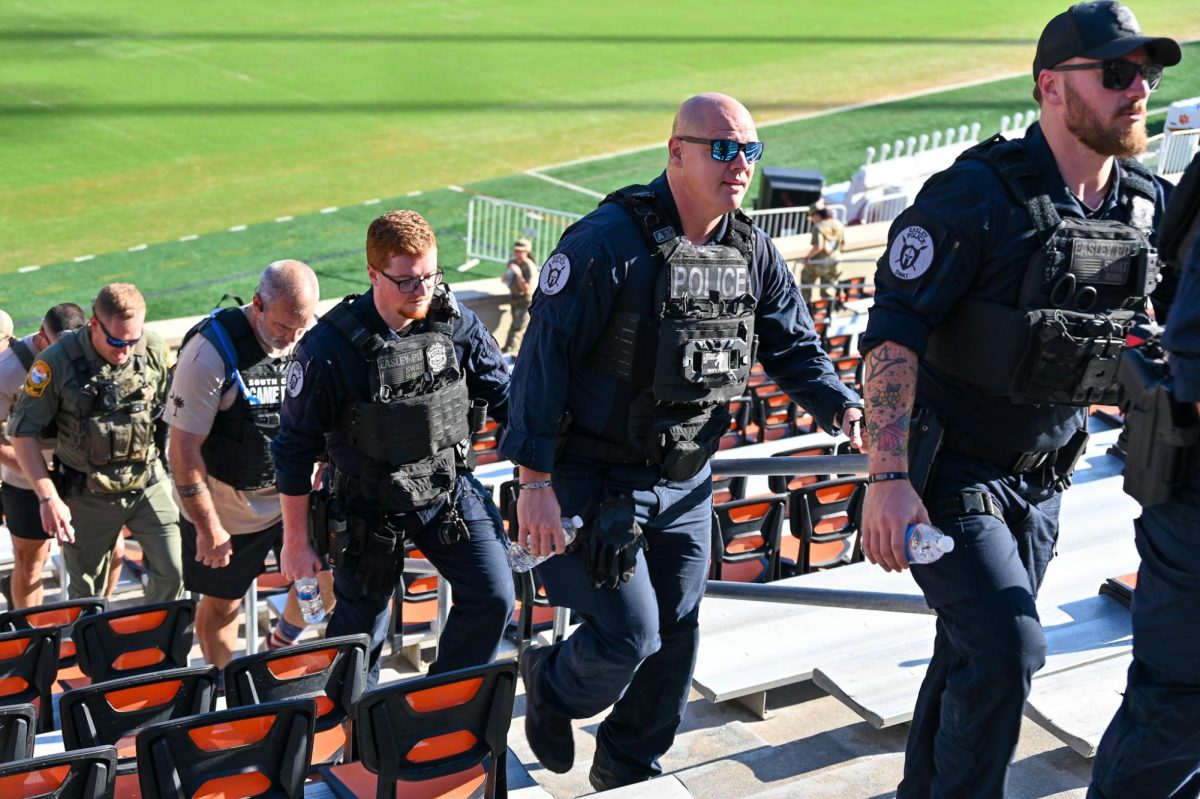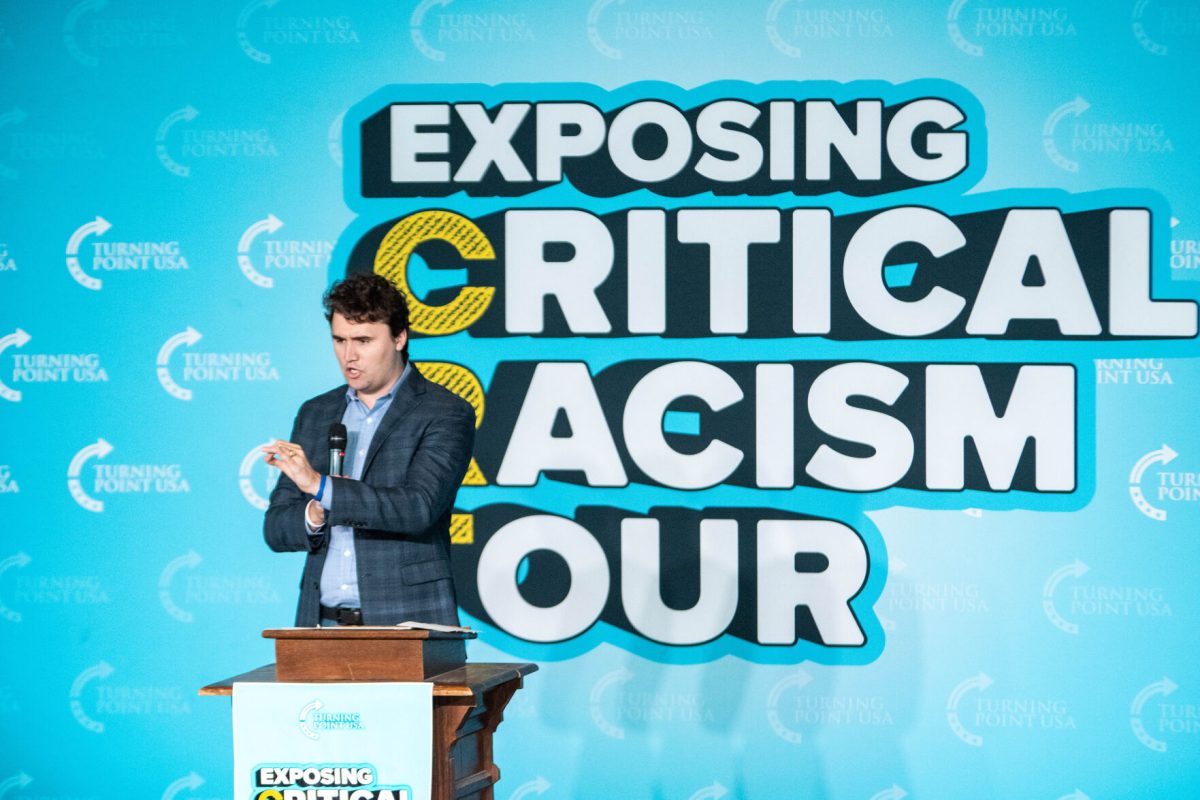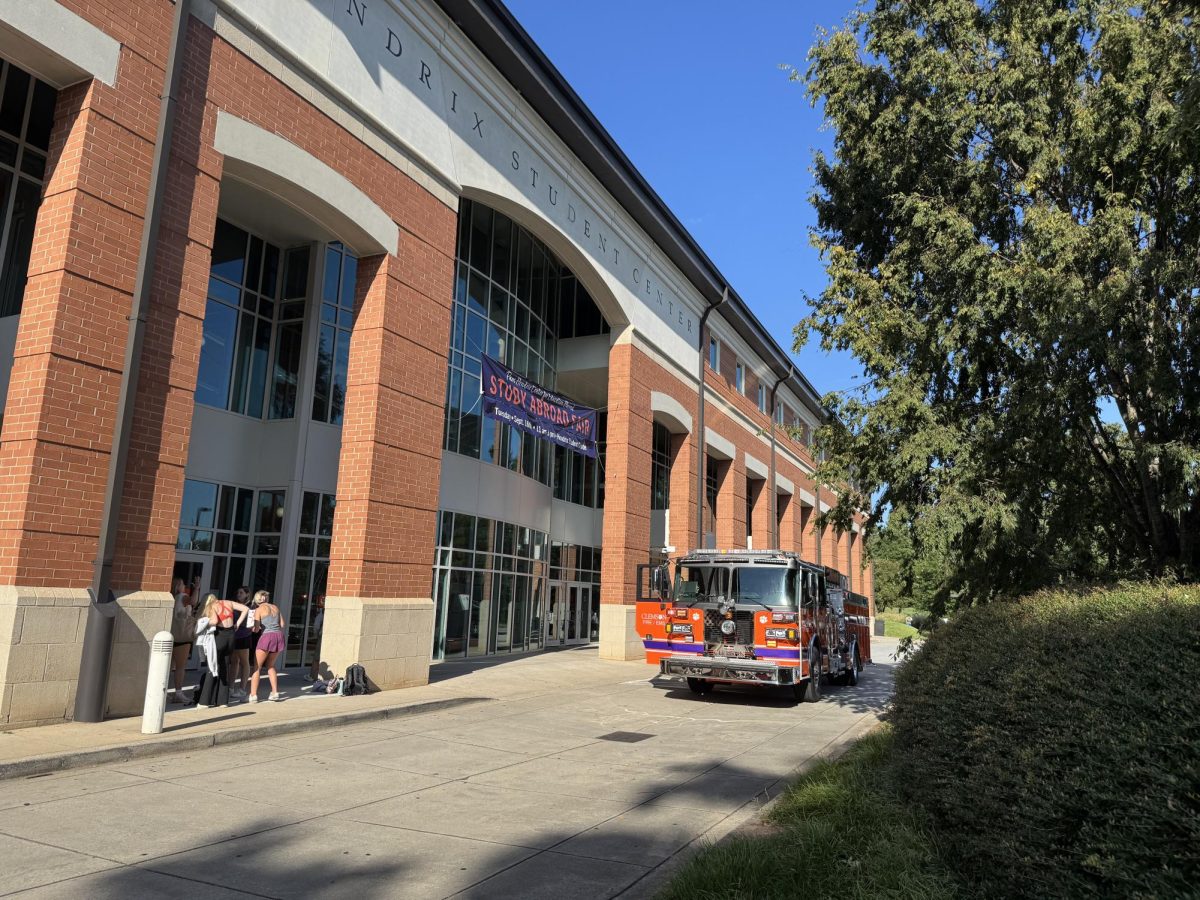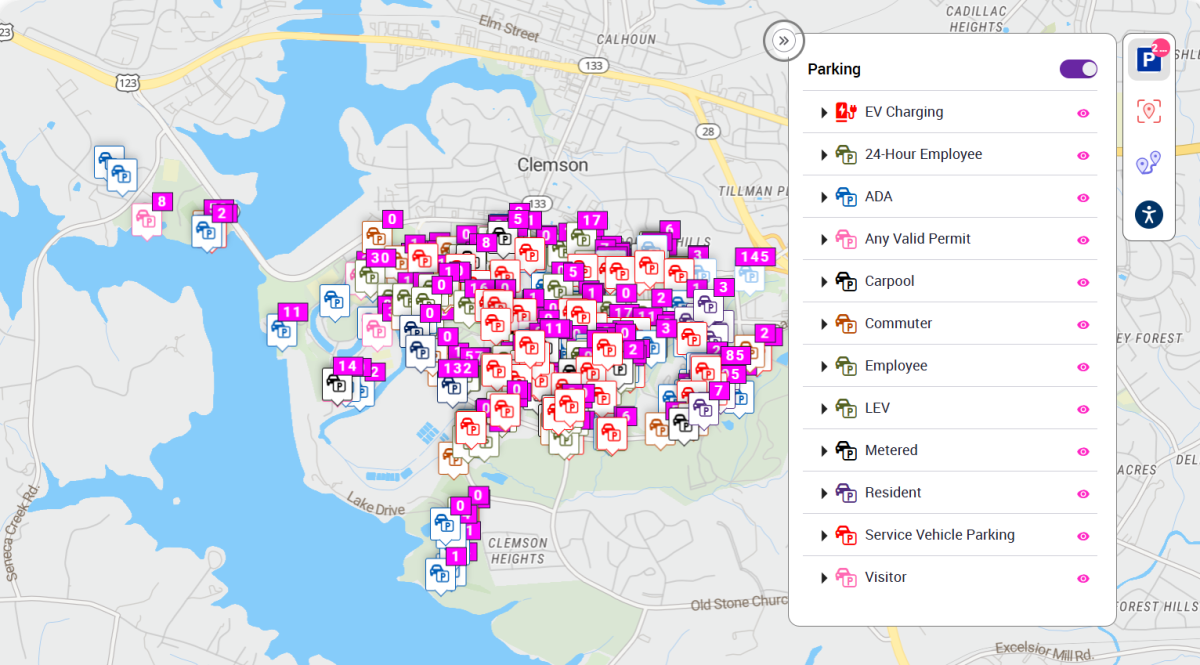Forty-five words.
“Congress shall make no law respecting an establishment of religion, or prohibiting the free exercise thereof; or abridging the freedom of speech, or of the press, or the right of the people to peaceably assemble, and to petition the government for a redress of grievances.”
Forty-five words. Though recently, some would say those words have been encroached upon, particularly on college campuses. But is it justified?
Debate over the First Amendment has drawn a dividing line through universities and the country. On one side — constitutionalists, those who believe that free speech shouldn’t be restricted under any circumstances. On the other — those who believe that free speech can and should be restricted for the common good and public safety.
“I feel like there are some instances in which the First Amendment [needs regulation], but those instances are very extreme,” freshman architecture major Will Basco said. “Like hate speech … but especially nowadays it seems like hate speech is being defended and not just by everyday citizens, which in itself is alarming, but by the people we have elected.”
However, while speech may remain unregulated, citizens like Basco support the institution of safe spaces and free speech zones.
“The concept of it I think is fine … having a space to retreat to where you don’t have to worry about any real issue … I feel like that’s a good measure to have for students,” Basco said.
Not everybody shares Basco’s view, however, and a recent incident involving the distribution of flyers from both white nationalists and anti-fascists on the Clemson University campus has sparked debate over the restrictions of the First Amendment.
“I would think restrictions on the First Amendment, like yelling ‘fire’ in a movie theater where it can potentially injure someone … it’s actually against the law,” sophomore history major Morgan Bailey said. “To say something offensive, obviously someone might find it offensive, but you shouldn’t be restricted from saying something like that.”
Bailey also disagreed with Basco’s position on the subject of hate speech, saying that due to different definitions, it shouldn’t be regulated.
“I don’t think there should be any restrictions on it because what constitutes hate speech to someone might not constitute it to someone else. Because people can think different things, [to some] it’s hate speech but to someone else it isn’t,” Bailey said.
Bailey also believes it’s important to protect free speech for all citizens so that they can voice their opinions.
“Even if yes, it’s considered hate speech, like Richard Spencer, … what he thinks is absolutely abhorrent, but he has the right to say what he thinks. And though people like myself find it offensive … he should still be allowed to voice his opinion,” Bailey said. “Because it does provide for a society to where we can be like ‘hey, that guy is completely wrong and we shouldn’t listen to him.’”
And debate doesn’t stop with students. Professors like Dr. Bradley Thompson have also noticed recent developments regarding the First Amendment.
“I don’t think a university is a real university [if it] does not protect freedom of speech. And [it] is a function of the freedom of thought,” Thompson said. “So if there is no freedom of speech on a college campus, there is no freedom of thought. And if there is no freedom of thought then the core mission of a university is threatened.”
Thompson’s belief is that the mission of a university is the pursuit of truth, and that that cannot happen if speech and thought are regulated.
“The pursuit of truth cannot and should not be restricted by government officials, which is what … the administration are in one way or another … they are paid by the state,” Thompson said. “I don’t think that administrators and faculty really need to be restricting speech. I think the best way to respond to and answer speech that you don’t like is to make a better argument.”
Those on Thompson’s side of the fence also fear that we may be headed for a future reminiscent of George Orwell’s “Nineteen Eighty-Four” if speech continues to be restricted. And that free speech is essential to what Thompson calls “living in the truth.”
“In a certain sense [students] have a better sense of the reality than I do. Are there students at this university or at any university in the United States of America that feel pressure, real pressure from other students, from administrators, or from faculty to accept certain viewpoints in their classes?” Thompson said. “Do you feel like there are students who feel they can’t tell the truth when writing papers in classes? If we can’t live in the truth at the universities, then we should shut down the universities.”
CORRECTION: In an earlier version of this story, Dr. Bradley Thompson was misquoted as saying “If we can live in the truth at the universities, then we should shut down the universities.” The story has been updated to reflect the correct quote. The Tiger regrets this error.



